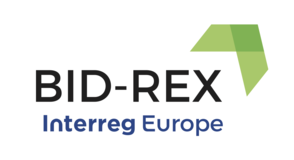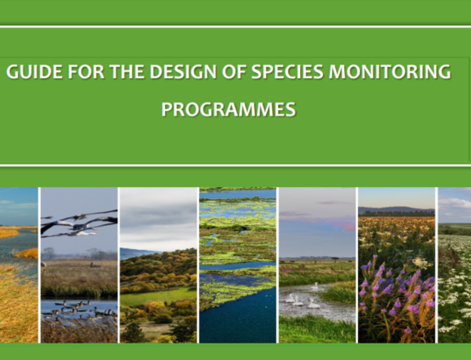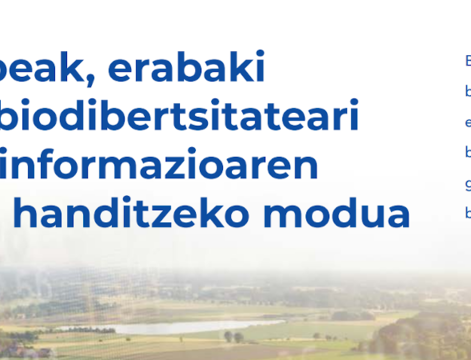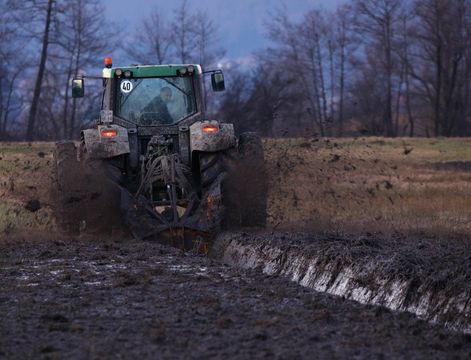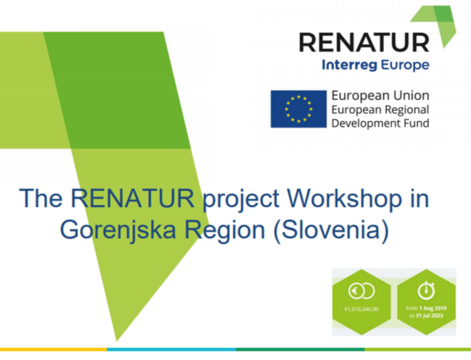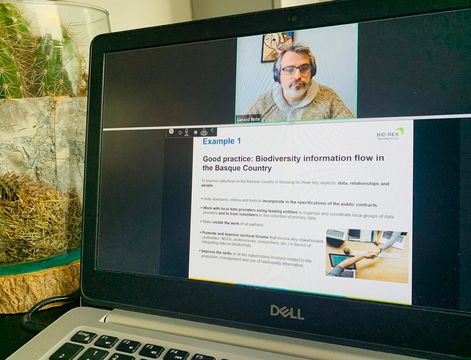On 4th October, the representatives of the following institutions gathered around the table:
- University of Liège - Gembloux Agro-Bio Tech - Biodiversity and Landscape Research Unit
- Natagora, the leading association of Nature conservation in Wallonia
- NatagriWal, association supporting the administration in the implementation of Natura 2000 in Wallonia
- 2 members of the Natura 2000 Conservation Commissions, an advisory body for the management of the Natura 2000 network
The agenda was the introduction of the project and its main objectives. The link between the importance of biodiversity data availability and advocacy and the decision-making process has been established. Moreover, stakeholder involvement was analysed and the relative contribution of each stakeholder was highlighted.
In addition, below there are some reflexions arised during the meeting:
- Define in the forms the levels of adequacy to the different field situations in Europe which concern the flow of biological data and their valorisation.
- An essential step in the decision-making process is the transformation of factual data such as that in databases into information (including the margin of uncertainty) that can really guide public decision-making. Data as such is not a decision-making aid.
- Need to generalize in a conceptual framework a generic flow or several generic flows of data in order to identify an intermediate level essential for the impact studies of local projects. This "state of the art" step is essential to be effective.
- This intermediate level of data interpreter, on the front line and providing an essential role, should be one of the "surveyed" in one way or another.
- The various services of databases or data centers are regularly consulted with similar questions which have often been asked at their local, regional or national level. The experiments of this type of questionnaires must be capitalized by carrying out a "benchmarking" of what has been done as surveys for example the last 10 years and the information that has been obtained.
- The form that the survey will take (static form, web, ...) and how the results can be shared must also be defined upstream so that this survey can really help the various stakeholders in the value chain and not only the beneficiaries of the Interreg project. This must be a win-win.
- Ideas for targeting questions and structuring responses exist in England with the NBN Gateway or in France with SINP in France or in GBIF.
To conclude, suggestions and timetables for future actions were raised with a view to preparing the Walloon Workshop in early 2017.
